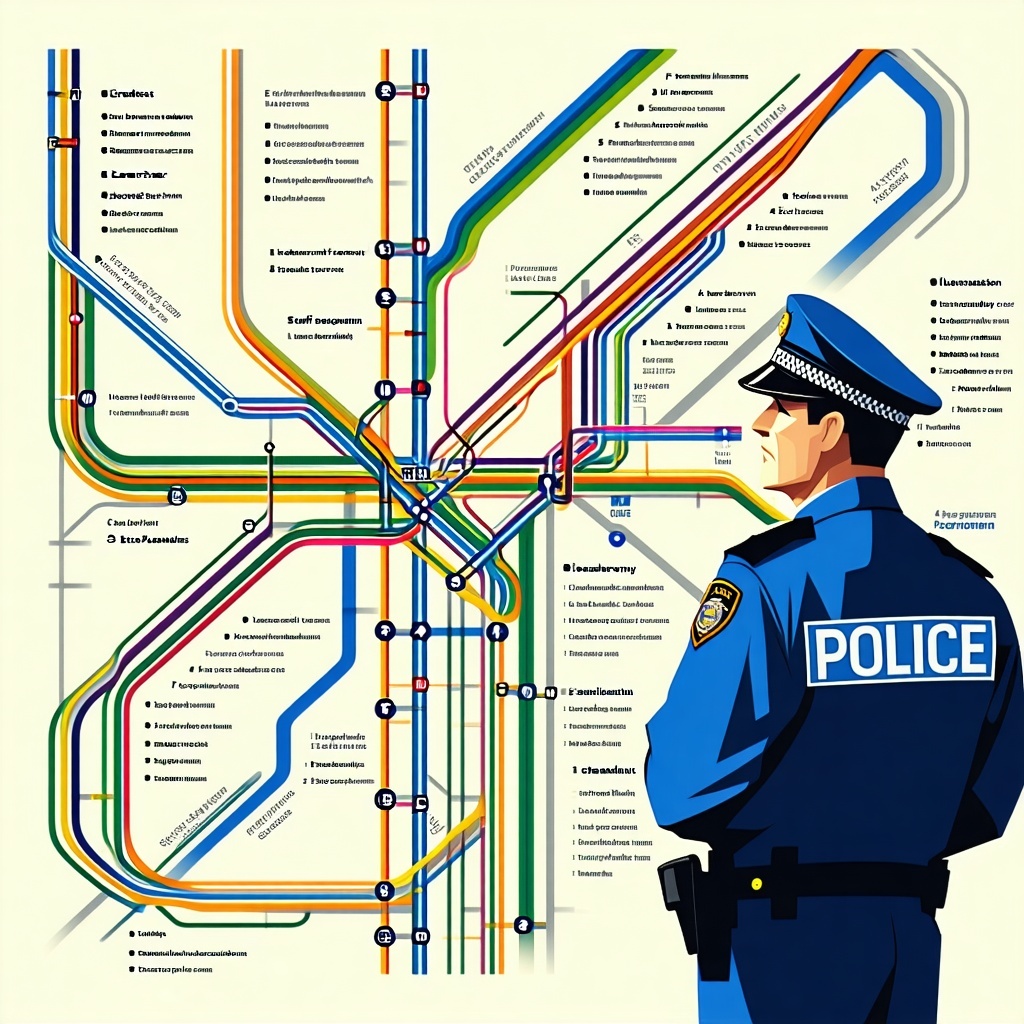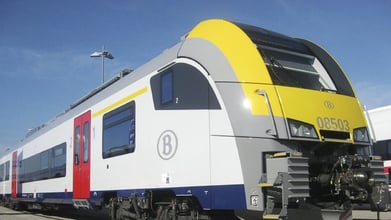Strategic challenge
The Antwerp police district, the largest police force in Flanders, has more than 3,000 employees. 80% of whom belong to the operational staff. Within this group, almost 2,000 inspectors are employed, spread over 61 different positions. In this diverse and large organisation, it is crucial to offer employees insight into their career opportunities and to support them in their further development.
Social reality is changing. The classic principle of lifetime employment is losing ground, and even within the government, staff turnover is no longer an exception. This makes it all the more urgent to invest in retention policies and career development.
Moreover, the force is facing significant challenges in terms of staffing. Today, about 170 inspector positions remain unfilled. According to current projections, this number is expected to reach 200 open positions by 2025, with a direct impact on the organisation's operational strength. These circumstances underscore the importance of creating horizontal career paths that offer employees alternative opportunities for advancement beyond the traditional, hierarchical path.
To respond to the strategic challenge, a tool was developed to help employees identify their personal career and development opportunities.
Approach
1. Context exploration through targeted interviews
We started with interviews with executives and HR Business Partners to gain insight into the specific context of the Antwerp police district: the world of the patrol dog handler, who helps steer demonstrations in the right direction, that of Inspector Goudi, who keeps the diamond district safe, and the drugs investigator, who tries to reduce drug violence in the city,...
In addition to the conversations in the field, the Police 24/7 program offered valuable insights into the daily reality of various inspector positions. This brought into focus not only the content of the roles, but also the cultural and organisational quirks of the various units within the police zone.
2. Foundations of the career profile
Each inspector position within the Antwerp police district has a uniform job profile, which plays an essential role in the flow and selection. However, once an employee is active within the organisation, it becomes at least as important to direct that person to a suitable position that matches his or her interests, competencies and preferences.
To facilitate that internal route, a career profile was developed for each inspector position that builds on the existing job profile. This profile consists of four interrelated components:
-
Career interests: the type of interest profile that best fits the job content
-
Core competencies: the behavioural and technical competencies essential for successful job performance
-
Job characteristics: specific characteristics of the job, such as physical strain, degree of variation or work schedule flexibility
-
Training: the training required or recommended to perform the job
3. Inventory as a guide
In order to draw up unambiguous and coherent career profiles for all jobs, an inventory was first drawn up for each component. This included an overview of all relevant competencies, supplemented with job and context-specific behavioural indicators that emerged during the first phase.
This competence matrix was then submitted to a sounding board group with representatives from HR, managers and experts from the field. The validation by this diverse group ensured support, recognition and content refinement of the final result.
4. Widely supported career profiles
Based on interviews with executives, combined with the previously prepared inventory and guidance per career profile component, career profiles for inspector positions were developed.
These were further calibrated internally in close consultation with unions and inspectors, through the internal HR community and targeted focus groups. This participatory approach led to broad recognition and support for the profiles within the corps.
.png?width=475&height=475&name=Ontwerp%20zonder%20titel%20(5).png)
5. Metro network of opportunities
The set of inspector functions was visually brought together in a subway network structure. This metaphor makes it possible to clearly display the diversity of functions and their mutual relationships. Inspectors can navigate this at their own pace and based on personal interests, and discover which positions potentially match their career aspirations.
6. Career tool for self-leadership
Based on the insights gathered, a user-friendly career tool was developed and embedded with the developer of the internal platform TALPA. This tool enables employees - starting from their personal interests, competencies and preferences for work characteristics - to discover which inspector positions fit as their next career step. In addition, the tool also indicates which competencies might need further development to make that step possible.
As additional added value, it specifically indicates through which internal or external learning and development opportunities these competencies can be further strengthened.
7. Implementation and anchoring
Together with the internal career counsellors, the tool and the associated career profiles were successfully rolled out within the Antwerp police district. The tool was launched during an internal mobility round, giving inspectors active insight into their career opportunities and allowing them to better determine which positions fit them.
Result
The project created a real win-win for both employees and the organisation.
It enables employees to:
- Identify their competencies and interests
- Discover which jobs suit them best
- Gain insight into development opportunities
- Follow targeted training courses
It enables the police district of Antwerp to:
- Increase retention of a crucial target group within the police zone
- Stimulate relevant competence development within the organisation
- Gain an overall view of the competencies present within the organisation
- Further embed a sustainable career policy within the organisation








